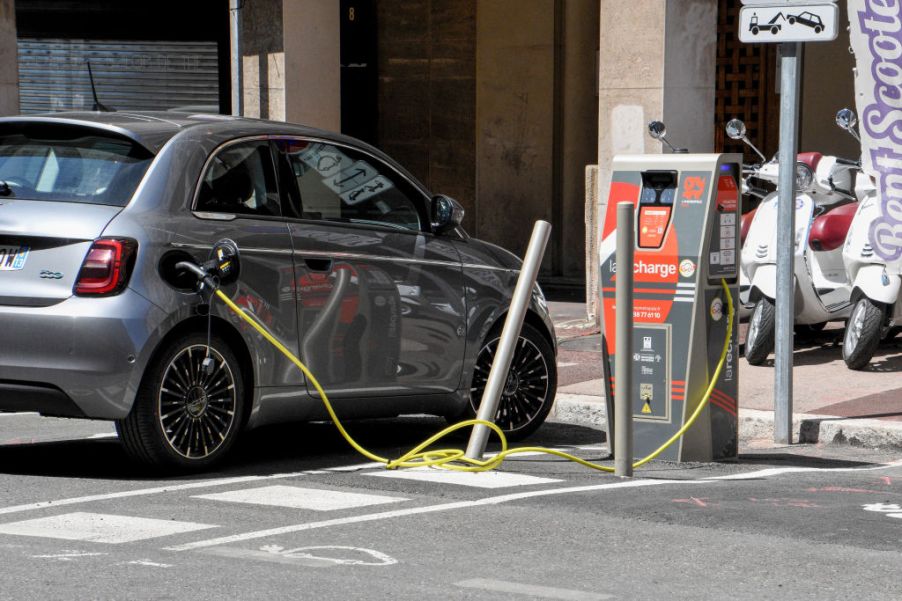
The UAW Wants to Introduce a New Chicken Tax for EVs
Tax rebates and other monetary incentives are one of the biggest reasons to buy an EV. The government won’t give you free money for your Ferrari, but they will if it’s electric. The U.S Government will grant you a massive $7,500 tax incentive for the purchase of any EV, foreign or domestic. Recently, the United Auto Workers union stated that it wants that money to go to EVs made only in America. The announcement was made in light of GM moving the production of its electric vehicles to Mexico. The changing of EV incentive policies would help keep jobs in America, but it could also lead to another Chicken Tax scenario in America.
What is the Chicken Tax?

The Chicken Tax exemplified the height of Cold War politics. Introduced in 1964 by President Johnson, the tax was aimed at imports into the United States. The law stated that there would now be a 25% tariff on small trucks, among other items. The logic behind it was to prevent the importation of lite trucks by taxing foreign competitors out of the market.
This move was successful and forced many manufacturers to either circumvent the tax or find another place to sell their trucks. In doing so, Johnson bolstered the U.S auto industry but also introduced a host of consequences for America. For example, the Chicken Tax alleviated the pressure on American manufacturers to build more fuel-efficient vehicles. Doing so exacerbated the looming climate crisis and shifted the focus away from ecological goals.
What this means for the EV industry

The American auto market finds itself in a very similar place today. EVs are the most popular response to the climate crisis, and there will certainly be changes to that “climate” as a result of this proposed tax change. For one, competition from other markets will be reduced; a positive for the American EV industry, but a negative for the climate. Of course, the positive is more American production of EVs and the jobs that come with it. This is something desperately needed in the American economy in the wake of the COVID-19 pandemic.
Moreover, the negatives for the climate are a larger issue. Unfair advantages for American EV production mean fewer EVs in America overall, hurting U.S climate goals. It is admittedly a very fine line to toe. On the one hand, American jobs and economic recovery are certainly important. On the other, if we aren’t on top of the climate crisis, and encouraging competition in the field, it will harm everyone in the long run.
How can we strike a balance with EVs?

Thankfully, there is a balance to be struck. Compromise is necessary to ensure both the economy and the climate get where they need to be. Bolstering the American auto industry and its Evs alongside the UAW is a solid move. However, handing a loaded deck to the industry can hurt the climate. So, the best way forward is to meet in the middle. Hand American EV buyers a little more scratch for their purchase of a Tesla over an I.D 4. This way, everyone still gets a cut of the EV stipend, without harming the industry on a global scale. For now, it’s best to pursue every avenue we have to combat the climate crisis.


